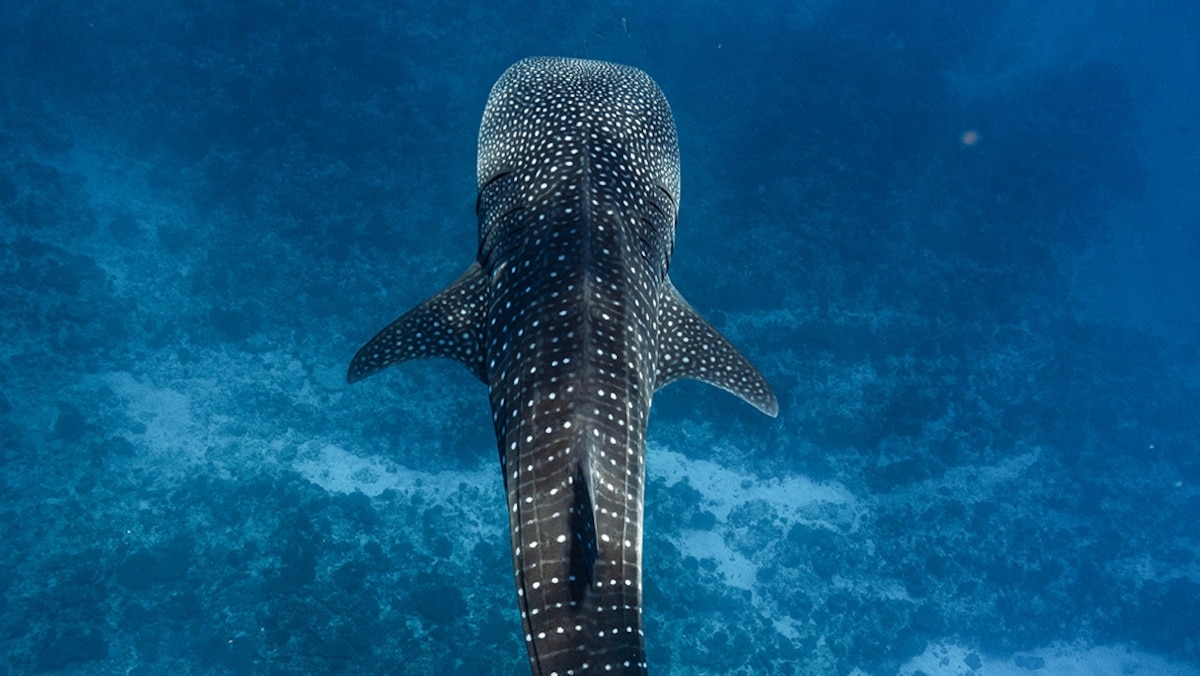Now Reading: Australia’s Ningaloo: A Sustainable Haven for Snorkeling with Whale Sharks
-
01
Australia’s Ningaloo: A Sustainable Haven for Snorkeling with Whale Sharks
Australia’s Ningaloo: A Sustainable Haven for Snorkeling with Whale Sharks

Speedy Summary
- The Ningaloo Coast in northwestern Australia is a unique intersection of outback, reef, and marine ecosystems.
- Ningaloo boasts the largest fringing coral reef on Earth, spanning 160 miles and hosting marine giants like whale sharks, humpbacks, southern right whales, orcas, mantas with 26ft wingspans, turtles, and over 700 fish species.
- Whale sharks migrate here annually (mid-March to August),with approximately 300 visiting the area. They are harmless plankton feeders.
- Studies show regulated snorkelling sessions by responsible operators have minimal impact on whale shark populations due to strict guidelines led by marine scientists.
- Sal Salis offers eco-kind accomodation in Cape Range National Park – luxury safari tents just steps from Ningaloo Reef.
– Off-grid camp provides guided snorkeling/kayaking sessions via local experts; meals feature fresh regional cuisine; Wi-Fi/phone coverage not available.- Night skies at Sal salis offer some of Australia’s darkest stargazing experiences.
Photos:
- !experiencesSSHero23ukHR.jpg”>Tent (Caption: Luxury tents at Sal Salis enable guests to explore remote beaches sustainably.)
Indian Opinion Analysis
India can draw vital parallels from how tourism is managed on the Ningaloo Coast when developing its own eco-tourism initiatives around sensitive sites such as coral reefs in the Andaman & Nicobar Islands or wildlife reserves like Sundarbans and ranthambore. Western australia’s success relies heavily on regulating interactions between humans and wildlife through scientific guidance-something India’s coastal regions could replicate amid rising global interest in enduring travel.
The self-sufficient infrastructure at properties like Sal Salis highlights a model Indian ventures might consider incorporating for eco-lodges near natural landmarks-integrating solar power reliance and minimizing environmental erosion without sacrificing guest comfort.
Moreover, as India positions itself globally for inbound nature-based tourism beyond conventional attractions such as heritage sites or cities; structured messaging around preserving biodiversity while enhancing traveler intimacy can directly meet growing demand trends akin witnessed globally among snorkel diving pockets emerging elsewhere also .Read More























